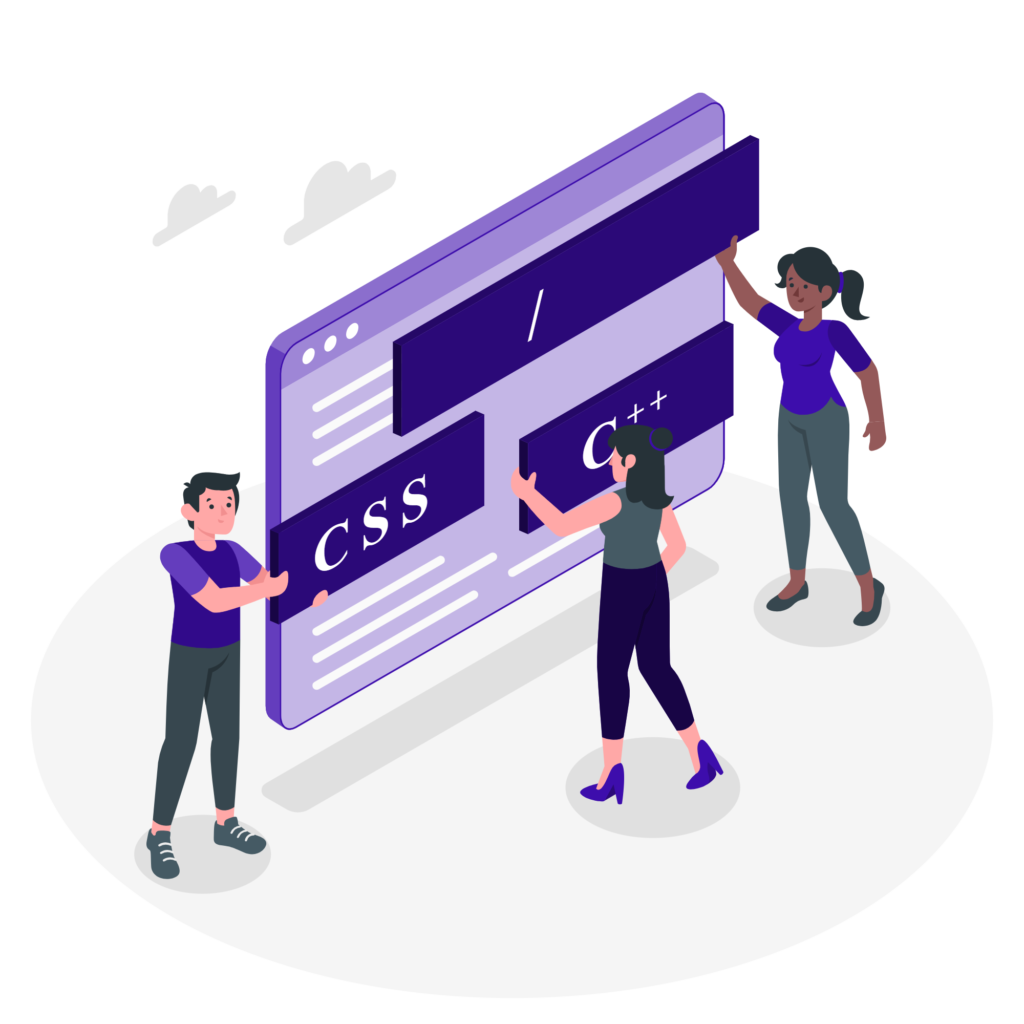PHP (Hypertext Preprocessor) is a widely-used server-side scripting language designed for web development. It is particularly suited for creating dynamic web pages and interacting with databases. PHP’s versatility, ease of integration with various databases, and large community support make it a popular choice for building interactive and scalable web applications.
PHP frameworks, such as Laravel, Symfony, and CodeIgniter, provide a structured way to develop PHP applications. They offer pre-built modules, libraries, and tools that streamline development, promote code reusability, and enforce best practices. Using a PHP framework saves development time, improves code quality, and enhances application security.
PHP uses extensions like MySQLi (MySQL Improved) and PDO (PHP Data Objects) to interact with databases. These extensions facilitate connection establishment, querying, and data manipulation, ensuring efficient and secure database operations. PHP frameworks often include ORM (Object-Relational Mapping) systems, such as Eloquent in Laravel, to simplify database management by abstracting SQL queries into PHP code.
PHP development should implement security measures such as input validation, output escaping, and parameterized queries to prevent common vulnerabilities like SQL injection, XSS (Cross-Site Scripting), and CSRF (Cross-Site Request Forgery). Frameworks like Laravel provide built-in security features like CSRF token verification, authentication systems, and encryption for sensitive data handling.



